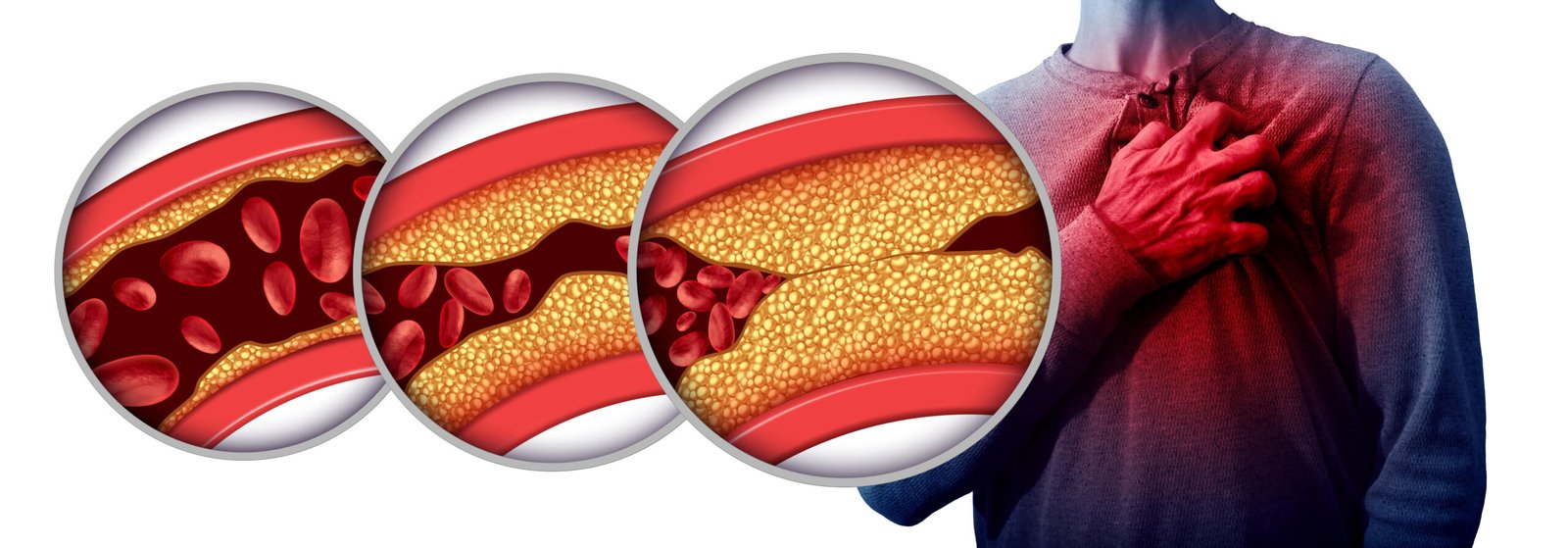
Welcome back to Northern Heart Hospital’s blog!
Your heart is at the core of your well-being. By understanding heart conditions and knowing about available treatments, you can take charge of your cardiovascular health. For more information, personalised advice, or to schedule a check-up, contact Northern Heart Hospital today. Let’s keep your heart beating strong!
Common Heart Conditions and Symptoms

Heart disease is one of the most prevalent health issues globally. Here are some common conditions that can affect your heart:
- Arrhythmia: An arrhythmia refers to an irregular heartbeat, where the heart may beat too fast (tachycardia), too slow (bradycardia), or in an irregular pattern. This can affect the heart’s ability to pump blood efficiently and may lead to symptoms such as palpitations, dizziness, or shortness of breath.
- Cardiomyopathy: Cardiomyopathy is a condition where the heart muscle becomes enlarged, thickened, or stiffened. This abnormality can weaken the heart and impair its ability to pump blood effectively. There are various types of cardiomyopathy, including dilated cardiomyopathy (enlargement of the heart chambers), hypertrophic cardiomyopathy (thickening of the heart muscle), and restrictive cardiomyopathy (stiffening of the heart muscle).
- Congestive Heart Failure: Congestive heart failure occurs when the heart is unable to pump enough blood to meet the body’s needs. This can result from various conditions such as coronary artery disease, hypertension, or cardiomyopathy. Symptoms include fatigue, swelling in the legs, ankles, or abdomen (oedema), and shortness of breath.
- Coronary Artery Disease: Coronary artery disease (CAD) is a condition where plaque buildup inside the coronary arteries narrows them, reducing blood flow to the heart muscle. This can lead to angina (chest pain or discomfort) and increase the risk of heart attack if a coronary artery becomes completely blocked.
- Diabetes: Diabetes mellitus is a metabolic disorder characterised by elevated blood sugar levels (hyperglycaemia). Over time, high blood sugar levels can damage blood vessels and nerves, including those in the heart. People with diabetes are at increased risk of developing cardiovascular complications such as coronary artery disease, stroke, and peripheral artery disease.
- Heart Attack (Myocardial Infarction): A heart attack occurs when a coronary artery becomes suddenly blocked, cutting off blood flow and oxygen to part of the heart muscle. This can cause chest pain or discomfort (angina), shortness of breath, sweating, nausea, or fatigue. Prompt medical treatment is crucial to restore blood flow and minimise heart muscle damage.
- Heart Valve Disease: Heart valve disease involves malfunctioning of one or more heart valves, which control blood flow through the heart chambers. This can lead to valve stenosis (narrowing) or valve regurgitation (leakiness), disrupting normal blood flow and potentially causing symptoms such as chest pain, palpitations, fatigue, or shortness of breath.
- High Blood Pressure: High blood pressure (hypertension) is a condition where the force of blood against the artery walls is consistently too high. Over time, untreated hypertension can damage arteries and organs, including the heart. It is often referred to as a “silent killer” because it may not cause symptoms initially but increases the risk of heart disease, stroke, and other health problems.
- High Cholesterol: High cholesterol refers to elevated levels of cholesterol and other fats (lipids) in the blood. Excess cholesterol can contribute to the formation of plaque in the arteries (atherosclerosis), narrowing them and reducing blood flow. This increases the risk of coronary artery disease, heart attack, and stroke.
- Pericarditis: Pericarditis is inflammation of the pericardium, the thin sac-like membrane surrounding the heart. This condition can cause chest pain, which may worsen when lying down or taking deep breaths. Pericarditis can be caused by infections, autoimmune disorders, or other medical conditions, and treatment aims to reduce inflammation and manage symptoms.
These conditions highlight various aspects of heart health, ranging from structural abnormalities and electrical disturbances to metabolic disorders and inflammatory conditions affecting the heart and its function.
Symptoms to Watch For

Experiencing certain symptoms can be alarming, especially when they may indicate potential cardiovascular issues. At Northern Heart Hospital, we emphasise the importance of recognising these symptoms early. Chest pain is a common sign, often described as pressure, squeezing, fullness, or pain in the centre of the chest. Heart palpitations, which feel like a racing, fluttering, or pounding heart, can be unsettling and should not be ignored. Dizziness or light-headedness, sometimes accompanied by a sensation of unsteadiness or faintness, can also signal heart problems.
Shortness of breath, particularly during physical activity or while lying down, is another critical symptom to watch for. Persistent fatigue that interferes with your daily activities may indicate an underlying heart issue. Additionally, swelling in the lower body, such as in the legs, ankles, and feet, could suggest fluid buildup due to heart-related conditions. If you or a loved one experiences any of these symptoms, it is crucial to seek medical attention promptly. Early diagnosis and treatment can make a significant difference in managing cardiovascular health. At Northern Heart Hospital, our dedicated team is here to provide comprehensive care and support for all your heart health needs.
Heart Treatments: When Intervention is Needed

Heart health is vital, and understanding the treatment options available can be life-saving. At Northern Heart Hospital, we’re committed to providing you with the best care and information. Here’s a quick rundown of some key treatments for heart disease:
- Medications
From blood thinners to cholesterol-lowering medications, and beta-blockers, a variety of drugs can help manage heart disease effectively. - Angioplasty and Stents
These clever procedures open up narrowed or blocked coronary arteries. A small balloon is inflated inside the artery to clear the blockage, and a stent is then placed to keep it open, ensuring blood flows smoothly. - Coronary Artery Bypass Grafting (CABG)
This remarkable surgery creates a new pathway for blood to reach the heart. Surgeons use vessels from other parts of your body to bypass the blocked arteries, restoring proper blood flow. - Pacemakers and Defibrillators
These nifty devices are like your heart’s personal trainers. Pacemakers help regulate heartbeats, while defibrillators can prevent dangerous arrhythmias by delivering a small shock to the heart when needed. - Heart Transplant
In severe cases of heart failure, a heart transplant might be the best option. This involves replacing the diseased heart with a healthy donor heart, giving patients a new lease on life
At Northern Heart Hospital, we’re here to support you with cutting-edge treatments and compassionate care. If you have any concerns about your heart health, don’t hesitate to reach out to our expert team. Your heart is in the best hands with us!
References:
- American Heart Association (AHA)
- Mayo Clinic
- National Health Service (NHS)
- Centre for Disease Control and Prevention (CDC)
- Johns Hopkins Medicine
- British Heart Foundation (BHF)
